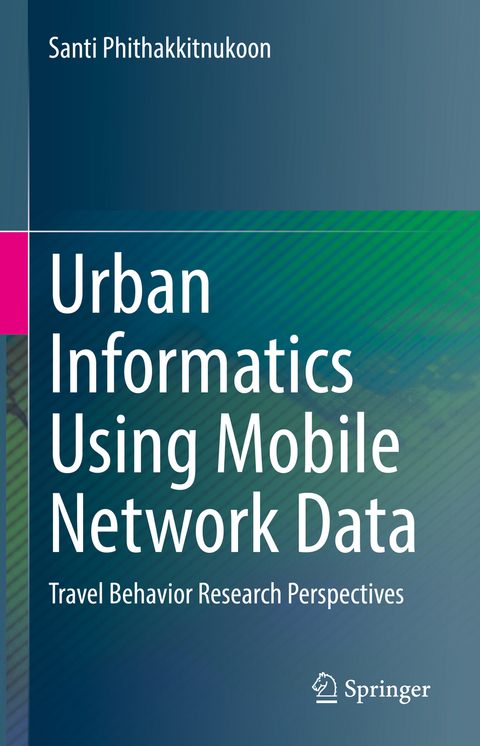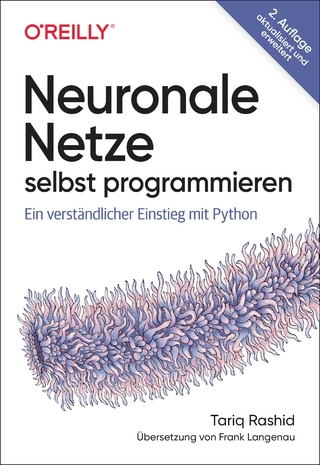
Urban Informatics Using Mobile Network Data
Springer Verlag, Singapore
9789811967139 (ISBN)
Traditionally, survey-based information is used as an input for travel demand models that predict future travel behavior and transportation needs. A survey-based approach is however costly and time-consuming, and hence its information can be dated and limited to aparticular region. Mobile network data thus emerges as a promising alternative data source that is massive in both cross-sectional and longitudinal perspectives, and one that provides both broader geographic coverage of travelers and longer-term travel behavior observation. The two most common types of travel demand model that have played an essential role in managing and planning for transportation systems are four-step models and activity-based models. The book’s chapters are structured on the basis of these travel demand models in order to provide researchers and practitioners with an understanding of urban informatics and the important role that mobile network data plays in advancing the state of the art from the perspectives of travel behavior research.
Santi Phithakkitnukoon is originally from Chiang Mai, Thailand. Santi is currently an Associate Professor with the Department of Computer Engineering, Faculty of Engineering, Chiang Mai University. He received B.S. and M.S. degrees in electrical engineering from the Southern Methodist University, USA, in 2003 and 2005, respectively, and a Ph.D. in computer science and engineering from the University of North Texas, USA. Before joining Chiang Mai University, he was a Lecturer in Computing with The Open University, U.K., a Research Associate with the Culture Lab (now known as Open Lab), Newcastle University, U.K., and a Postdoctoral Fellow with the SENSEable City Lab, Massachusetts Institute of Technology, USA. His research interest is in urban informatics, particularly in analyzing large-scale digital footprints such as mobile phone CDRs, GPS traces, social media data, and opportunistic sensing data sources to better understand human behavior and urban dynamics.
Chapter 1 The Overview of Mobile Network Data-Driven Urban Informatics.- Chapter 2 Inferring Passenger Travel Demand Using Mobile Phone CDR Data.- Chapter 3 Modeling Trip Distribution Using Mobile Phone CDR Data.- Chapter 4 Inferring and Modeling Migration Flows Using Mobile Phone CDR Data.- Chapter 5 Inferring Social Influence in Transport Mode Choice Using Mobile Phone CDR Data.- Chapter 6 Inferring Route Choice Using Mobile Phone CDR Data.- Chapter 7 Analysis of Weather Effects on People’s Daily Activity Patterns Using Mobile Phone GPS Data.- Chapter 8 Analysis of Tourist Behavior Using Mobile Phone GPS Data.- Chapter 9 An Outlook for Future Mobile Network Data-Driven Urban Informatics.
| Erscheinungsdatum | 02.12.2022 |
|---|---|
| Zusatzinfo | 1 Illustrations, black and white |
| Verlagsort | Singapore |
| Sprache | englisch |
| Maße | 155 x 235 mm |
| Themenwelt | Informatik ► Datenbanken ► Data Warehouse / Data Mining |
| Informatik ► Software Entwicklung ► Mobile- / App-Entwicklung | |
| Informatik ► Theorie / Studium ► Algorithmen | |
| Informatik ► Theorie / Studium ► Künstliche Intelligenz / Robotik | |
| ISBN-13 | 9789811967139 / 9789811967139 |
| Zustand | Neuware |
| Informationen gemäß Produktsicherheitsverordnung (GPSR) | |
| Haben Sie eine Frage zum Produkt? |
aus dem Bereich


